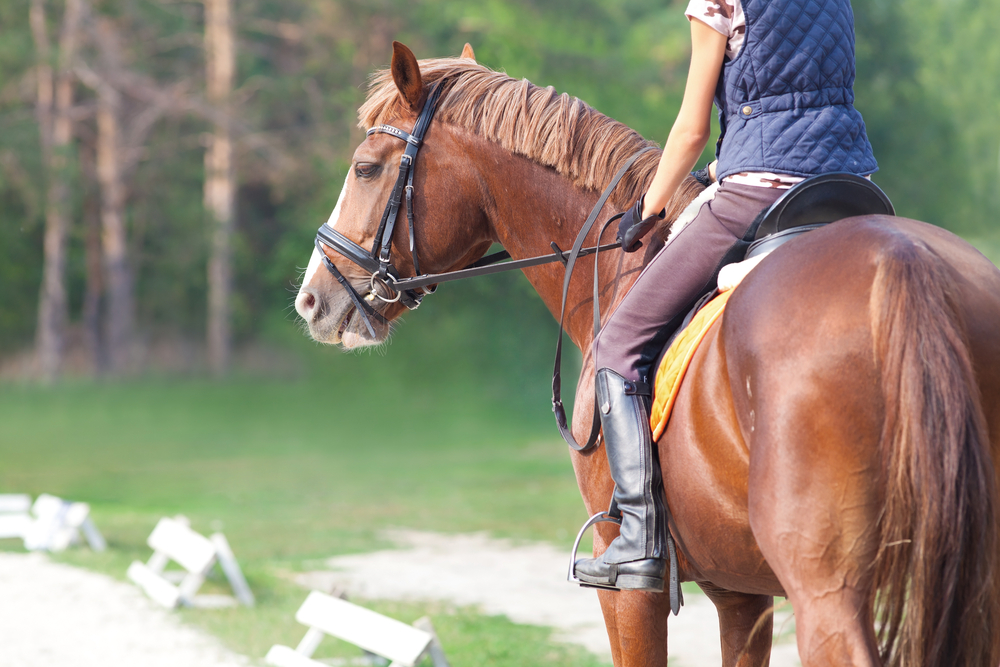Horseback Riding Helps People with Movement Disabilities, Review of 16 Studies Concludes
Written by |

Riding and other activities with horses can help adults and children with the balance, gait, and psychomotor disorders that are hallmarks of multiple sclerosis, according to review of 16 studies.
The review, “Therapeutic Effects of Horseback Riding Interventions: A Systematic Review and Meta-analysis,” was published in the American Journal of Physical Medicine & Rehabilitation.
Physical activities that use a horse as a therapeutic tool “are clearly a viable intervention option for participants with impairments in balance, gross and fine motor function, gait, spasticity, and coordination,” Alexandra N. Stergiou of the Medical School of Ioannina, Greece, said in a news release.
More research is needed to demonstrate the clinical benefits of equine-assisted activities and therapies, Stergiou and her colleagues wrote.
The researchers searched for published studies of the benefits that patients with MS and other movement disorders derived from riding and hippotherapy, or using the movement of horses as therapy. The 16 articles covered improvements in balance, motor function, gait, muscle symmetry, pelvic movement, psychosocial health, and quality of life.
Eight studies evaluated equine-assisted therapies’ impact on 434 children with cerebral palsy. Four assessed horse-related therapies’ ability to improve mobility in 90 older adults with multiple health problems and disabilities. Three studies focused on 52 patients with multiple sclerosis. And one study evaluated the use of hippotherapy in 20 patients who had suffered a stroke.
Most of the studies found that riding and hippotherapy helped patients with balance, gross motor function, gait, posture, pelvic movement, and quality of life.
Eight showed that riding and hippotherapy improved patients’ scores in both the Berg Balance Scale and the Gross Motor Function Measure, widely used measurements of balance and gross motor function.
“The evidence for therapeutic riding and hippotherapy is encouraging, but with gaps in that there are very few studies of these interventions in the international literature,” Stergiou said.
A limitation besides the small sample size was that the research used different measurements to assess patient benefits.
More studies are needed to confirm the results and assess how horseback riding affects patients’ daily activity levels, self-competence, and other measures of well-being.
“Equine-assisted therapies potentially provide advantage for cognitive, emotional, and social well-being,” the team wrote. “Individuals who participate have the opportunity to simultaneously experience, benefit and enjoy the outdoors, which might not otherwise be readily available.”


